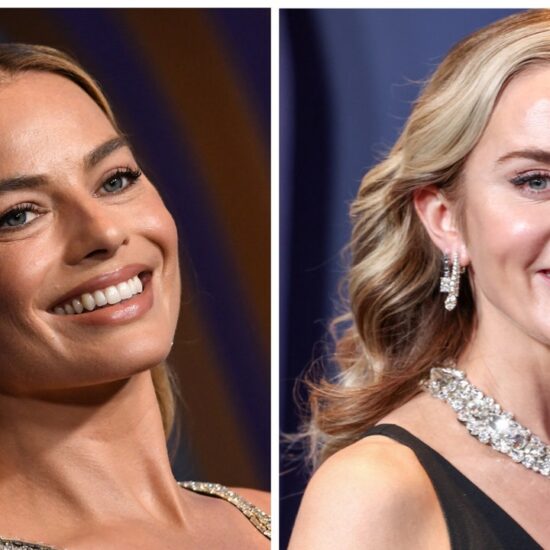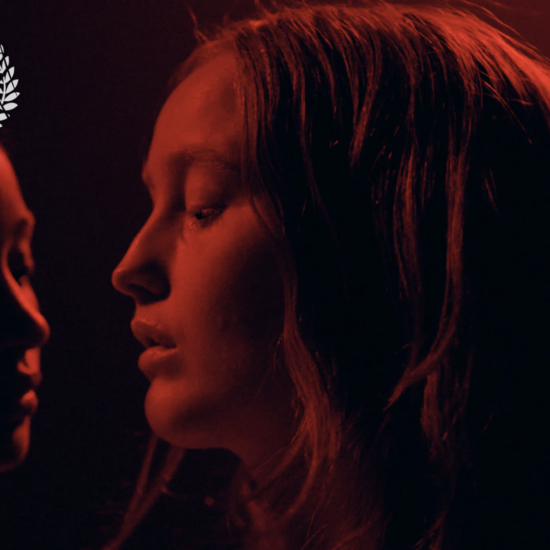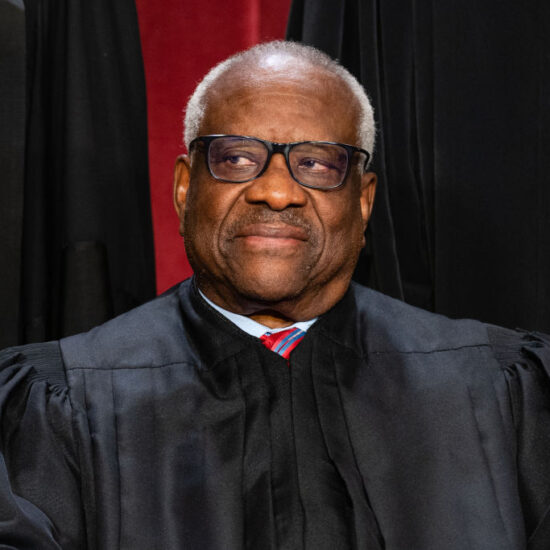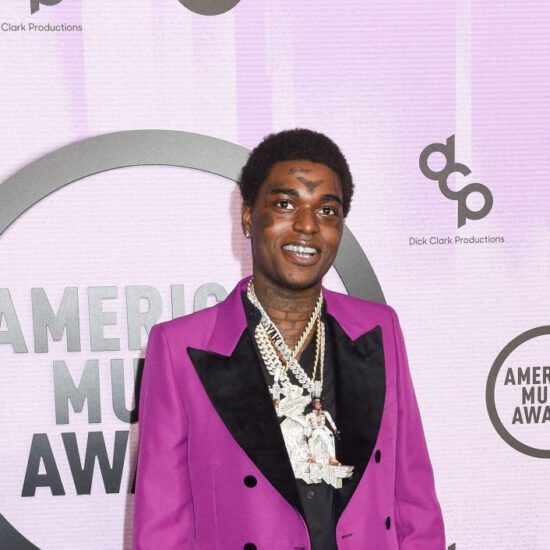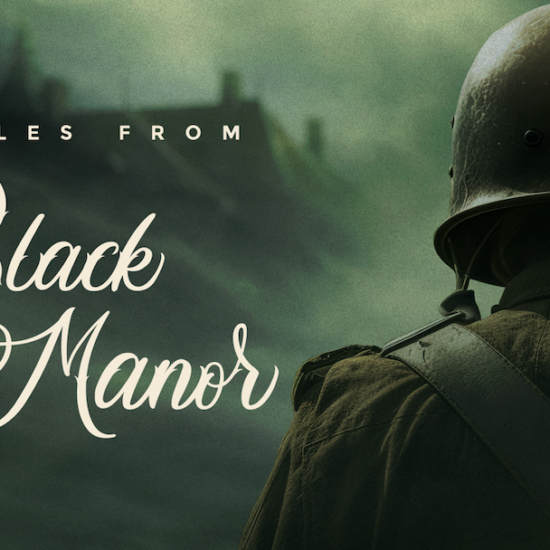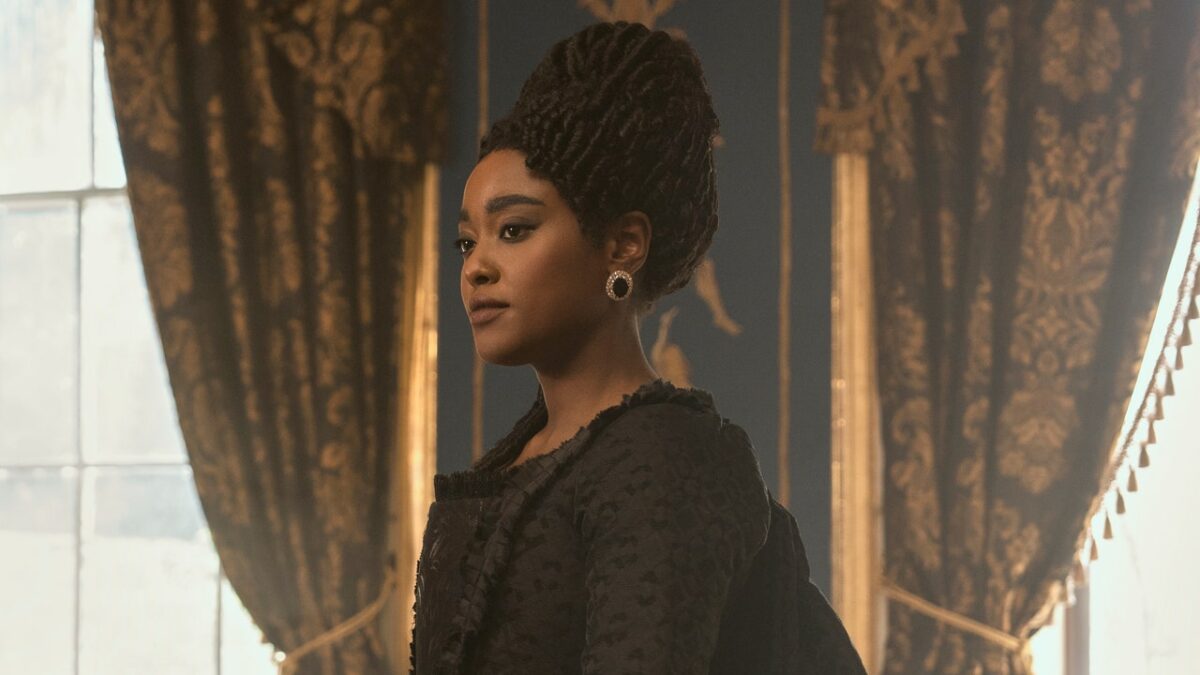
In preparing for your role, you immersed yourself in literature, particularly works by and about defiant Black women. How does it feel to portray a character who challenges stereotypes and provides a nuanced portrayal of a Black woman, within the narrative of the Georgian era, particularly as we strive to move away from film and media’s tendency to generalize and stereotype the Black experience?
It’s such an important question, especially considering media’s tendency to portray Black women as a monolith or as the “strong Black woman” archetype, which I was cautious about with Lady Danbury. I didn’t want her to be solely strong without vulnerability. People often underestimate the significance of representation and the impact it has. When you don’t see yourself reflected positively or in a way that acknowledges your humanity in various forms of media, it leads to questioning your own worth, emotions, and dreams. To be able to portray a character like Agatha, written by a woman who believes her story matters, is a therapeutic and generous gift.
I feel a sense of protectiveness towards Agatha because she hasn’t been given the respect she deserves. As an actor, it’s my duty to provide that respect and challenge the narratives that have been imposed upon us. It’s encouraging because it means that something is changing ideally. If not changing, then at least I’ve clocked it so I can demand that in the next room. I can then be a part of the stories that do these characters justice. Because, at the end of the day, those are the better stories—ones that people watch because they see themselves within them.
Let’s talk about Agatha’s choice to ultimately remain single and invest in her friendship with Charlotte. How do you think that resonates with today’s audience and contributes to the ongoing conversation around autonomy and choosing to be single in a world that values romantic relationships over platonic companionship?
You’ve captured it perfectly. It’s the Bechdel test. It’s the question, Do women have a life outside of the existence of men? And the answer is a resounding yes. There’s a massive emphasis placed on romantic relationships, particularly for women in heterosexual relationships, and it’s rooted in patriarchal norms. The importance of friendships is often undervalued. It’s crucial to highlight and show the significance of it within the fabric of what community is.
I think women need to hear it often—that they can choose. I watch Indian Matchmaking [on Netflix] and see a show where women are told to be smaller and to reduce their expectations, that marriage is the end goal. Culturally, that is something my parents have also told me. To see this character, Lady Danbury, essentially have options and then say no reminds us that we have the agency to choose our paths to determine our happiness, whether that involves marriage or not. It was a truly refreshing and empowering aspect of her character that I was grateful to bring to life.
How has your upbringing in various countries and exposure to conversations about politics and African governance from a young age shaped your personal and professional perspective on race?








